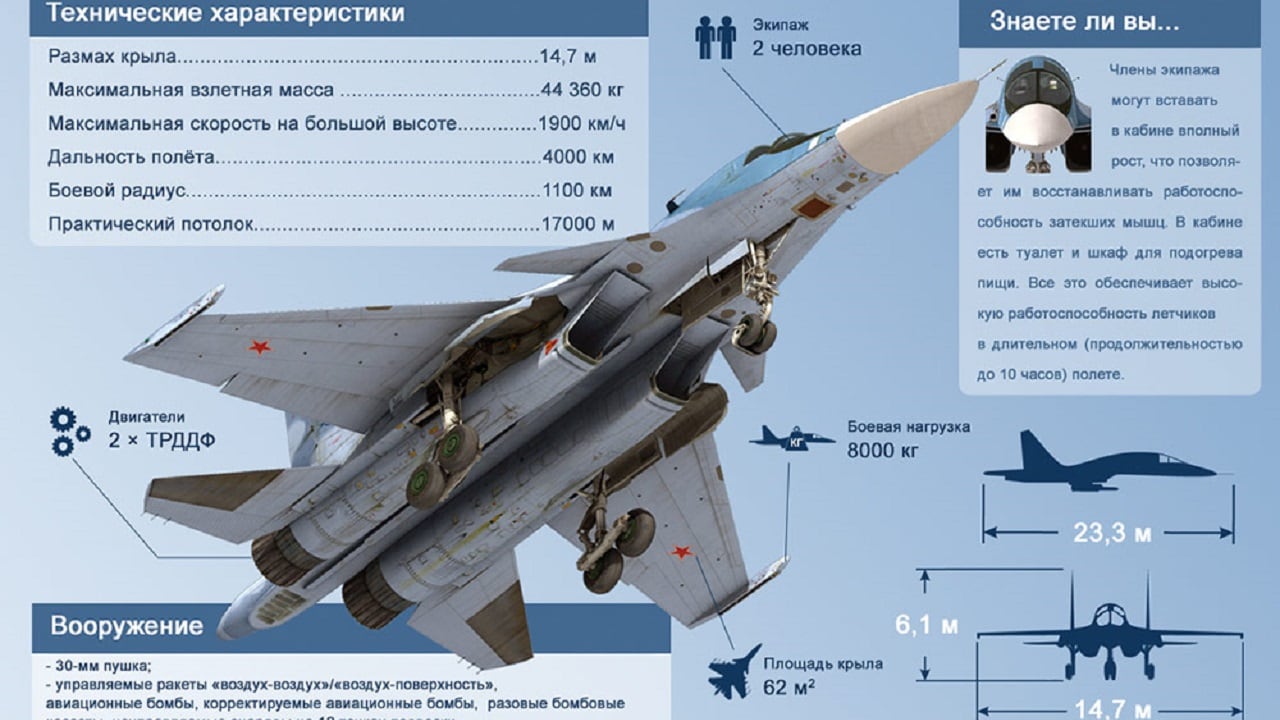The Russian Aerospace Forces – or Air Force – are having a tough month.
During the Wagner Group mutiny in June, the Russian air force lost eight aircraft in the span of a few hours.
In addition, the Kremlin has had to cancel its largest air show.
Losses of Aircraft and Sales
One of the aircraft that the Russian air force lost during the Wagner Group mutiny was an II-22M airborne command and control plane.
The Russian military has a very small fleet (about 12) of this special mission aircraft, and its loss might affect operations in Ukraine. II-22Ms have been acting as quarterbacks from the sky, coordinating Russian forces on the ground and in the air.
The Kremlin has had to cancel this year’s MAKS international air show. As the premier civil and military air demonstration event on the Russian calendar, MAKS is a key part of the Russian defense and aerospace industry’s marketing effort.
“The war has been exceptionally challenging for Russia’s aerospace community. The sector is struggling under international sanctions; highly trained specialists are being encouraged to serve as infantry in the Roscosmos space agency’s own militia,” the British Military Intelligence recently assessed.
But it looks like the Russian Aerospace Forces might be losing their commander as well.
Mutinous Leader?
But the Russian Aerospace Forces have had to deal with the repercussions of the Wagner Group mutiny.
General Sergei Surovikin, the commander of the Russian Aerospace Forces and former overall commander of the “special military operation” in Ukraine, might have been arrested for his alleged part in the private military company’s mutiny two weeks ago.
On the onset of the Wagner Group’s foray into Russia, Surovikin had gone on social media urging Prigozhin and the Wagner Group mercenaries to stop. But apparently Surovikin had knowledge of the attempted coup d’etat and only urged the Wagner Group fighters to stand down when he realized that the rebellion would fail.
Since the weekend of the mutiny (June 23-24), Surovikin hasn’t been seen in public, feeding the rumors that he has been arrested for his close association with and foreknowledge of the Wagner Group mutiny. Surovikin had worked closely with Prigozhin’s fighters before in Syria. Due to his close affiliations with Wagner Group, Surovikin was serving as its point of contact with the Russian Ministry of Defense.
Any prosecutions or worst could be divisive for a Russian military struggling in Ukraine. Surovikin is well respected among the rank and file, and he was the one who stabilized the front in the fall after the highly effective Ukrainian counteroffensives.
“Although largely known in the West by his brutal reputation, Surovikin is one of the more respected senior officers within the Russian military; any official sanction against him is likely to be divisive,” the British Military Intelligence assessed recently.
The Russian national security community remains shocked after the Wagner Group mutiny, especially as revelations about Prigozhin continue to surface as part of the Russian security services investigation.
“The suspicion that has potentially fallen on senior serving officers highlights how Prigozhin’s abortive insurrection has worsened existing fault lines within Russia’s national security community,” the British Military Intelligence added.
A 19FortyFive Defense and National Security Columnist, Stavros Atlamazoglou is a seasoned defense journalist specializing in special operations, a Hellenic Army veteran (national service with the 575th Marine Battalion and Army HQ), and a Johns Hopkins University graduate. His work has been featured in Business Insider, Sandboxx, and SOFREP.
From 19FortyFive
A Russian Submarine Accidently ‘Destroyed Itself’
Total Massacre’: Ukraine Footage Shows Russian Cruise Missile Shipment Attacked

